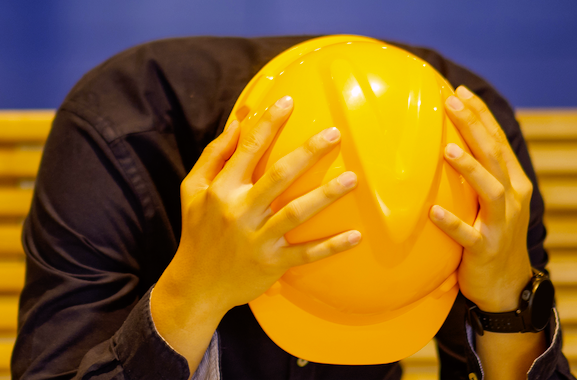I suspect that a large majority of readers of The RAM Review’s columns and articles are reliability engineers like me. But I also suspect many may actually be functioning, albeit unknowingly, as “unreliability engineers.” Has unreliability become an addiction for you?
As an industry consultant, I enjoy the luxury of focusing primarily on reliability engineering. Among other things, I do a lot of work at client sites to improve precision-maintenance practices, with an emphasis on fasteners, lubrication, alignment and balance (FLAB). In other cases, I help clients assess their strengths and weaknesses in key areas of asset-reliability management, as well as quantify the potential profit, safety, and environmental benefits from addressing any weaknesses. Then, I help them map and implement their asset-management strategy. This is all solid reliability-engineering work, and it’s very fulfilling. In the future, I hope to focus more time and effort on the environmental-sustainability aspects of asset management (a topic about which I’m quite passionate).
Recently, though, I was thrust into a major unreliability-engineering initiative (essentially a failure investigation). In it, we’re dealing with an asset-reliability issue that ticks all the problem-area boxes. The project is basically tackling reliability issues with a production- and safety-critical asset that’s part of an expansive capital project. It’s the first of several machines of its type that are to be installed on the project.
There’s little redundancy or spare capacity in the design. The operations team is already pushing to increase the operating profile and load. There are concerns regarding the machine’s entire life cycle. The manner in which the asset was installed and commissioned has come into question. Lubricant selection and application practices are troubling. Repair procedures seem vague and unclear. The list of failure-inducing suspects is long and, consequently, a high-profile issue.
In response, we’re throwing the kitchen sink at the project. We’re doing tons of vibration analysis and other types of condition monitoring. Due to some structural concerns, we’re employing plenty of motion amplification. We’re also performing extensive load calculations and planning further analyses to better understand dynamic loads, including calculating minimum viscosity requirements for lubricants to determine if we have an adequate Kappa value (the ratio of actual operating viscosity versus the minimum required viscosity). This is all very exciting work. It’s also what has inspired this week’s newsletter column.
In my three most recent articles for The RAM Review, I focused on organizational-change management. Among the issues that I discussed was the importance of rewarding reliability, not failure. Unfortunately, I’m now living proof of how reliability engineers can become addicted to rewards for failure, i.e., unreliability.
Participating in the failure-investigation project described here evidently triggered somewhat of a dopamine response in me. Dopamine is sometimes called the “pleasure chemical.” The rush it produces can come from any activity that one considers enjoyable or satisfying. Finding a $100 bill on the ground, for example, would produce a dopamine rush. That type of rush, however, can be addictive and, ultimately, lead to destructive behaviors such as drug abuse and other risky pursuits.
As I thought about my excitement with the referenced project, I suddenly realized that while I’m a reliability engineer, this failure-investigation had become a clear example of unreliability engineering. It represents everything I endeavor to avoid. I reminded myself that the dopamine response is non-value-added, and that my true calling is to keep from being subjected to these rush-producing events.
What about you? Are you addicted to unreliability engineering?TRR
ABOUT THE AUTHOR
Drew Troyer has over 30 years of experience in the RAM arena. Currently a Principal with T.A. Cook Consultants, he was a Co-founder and former CEO of Noria Corporation. A trusted advisor to a global blue chip client base, this industry veteran has authored or co-authored more than 250 books, chapters, course books, articles, and technical papers and is popular keynote and technical speaker at conferences around the world. Drew is a Certified Reliability Engineer (CRE), Certified Maintenance & Reliability Professional (CMRP), holds B.S. and M.B.A. degrees, and is Master’s degree candidate in Environmental Sustainability at Harvard University. Contact him directly at 512-800-6031 or dtroyer@theramreview.com.
Tags: reliability, availability, maintenance, RAM, unreliability, reliability engineering, change management, workforce issues



